Mali is witnessing a rapidly worsening security crisis in the West African country, where armed groups linked to al-Qaeda have expanded their control over large swaths of territory and imposed unprecedented economic pressure on the capital, Bamako.
The five Indian nationals were seized by unidentified gunmen on Thursday near Kobri, in the western part of the country.
The individuals were employed by a company involved in electrification infrastructure projects, according to a security source who spoke to reporters on condition of anonymity.
The company confirmed the incident to AFP, stating, “We confirm the kidnapping of five Indian nationals.”
Following the abduction, the rest of the Indian staff affiliated with the same firm were relocated to Bamako for safety. The company representative added, “The other Indians working for the company have been evacuated to Bamako,” noting that the situation required immediate protective measures.
No armed group has claimed responsibility for the kidnapping, and no details have yet emerged about the whereabouts of the abducted workers or demands from their captors.
The incident fits a pattern increasingly observed in Mali, where armed groups have frequently targeted foreign nationals for ransom or coercive leverage.
Over recent years, militant factions operating across Mali’s central and northern regions have routinely carried out kidnappings of aid workers, diplomats, and civilians from various countries.
This kidnapping took place in a region where the state’s ability to provide security has been undermined by years of insurgent expansion and local armed conflicts.
Armed groups have benefitted from Mali’s fragmented territorial control, porous borders, and limited presence of government institutions beyond major urban centres.
What is happening in Mali?
The deteriorating security situation in Mali is closely tied to the rise of Jama’at Nusrat al-Islam wal-Muslimin (JNIM), a coalition of armed factions affiliated with al-Qaeda.
JNIM emerged in 2017 through the merger of several militias and ideological currents, including Algeria-based al-Qaeda in the Islamic Maghreb (AQIM), Ansar Dine, Al-Murabitun, and the Macina Group.
The leaders of these groups consolidated their movements to strengthen their operational coordination against Malian and foreign forces and to expand influence across the Sahel region.
JNIM’s expansion reflects broader trends in Mali’s conflict dynamics since the armed rebellion that erupted in the northern part of the country in 2012.
That conflict prompted foreign military intervention, but militant groups adapted their strategy and gradually entrenched themselves in rural areas where the state’s presence was minimal or weak.
The group’s primary leader, Iyad Ag-Ghali, has long played a central role in northern Mali’s political and military affairs.
He previously led Tuareg uprisings in the 1990s before founding Ansar Dine in 2012 with the stated goal of enforcing his interpretation of Islamic law.
Over the past decade, JNIM has steadily extended its influence into central Mali and border regions shared with Burkina Faso and Niger.
The group employs a combination of guerrilla warfare, improvised explosive devices, targeted assassinations, and negotiations with local communities to expand its control.
It has attacked infrastructure such as roads, schools, and communication facilities to weaken state structures.
Human rights organisations have documented violence against civilians, particularly individuals suspected of collaborating with government forces.
The full scale of casualties is difficult to verify due to the lack of unified data collection, but the conflict has caused thousands of deaths since 2017.
What do we know about the recent blockade?
In recent months, Mali’s security situation has taken a dramatic turn with JNIM imposing a blockade on key fuel supply routes leading into Bamako.
The city relies on imported fuel transported by road from Senegal and Ivory Coast, but JNIM fighters have prevented oil tankers from reaching the capital.
This blockade emerged after the military authorities prohibited informal fuel sales in rural areas as part of efforts to disrupt militant operations.
Traders in these regions typically purchase and resell fuel using jerry cans, forming part of the supply network that militants have relied on to maintain mobility.
The blockade has caused fuel availability in Bamako to collapse. Fuel queues have become widespread, and in many cases, residents have been unable to purchase any gasoline at all.
Transportation, daily commuting, and basic commercial activities have been interrupted as a result.
In addition, the fuel shortage has exacerbated pre-existing electricity challenges, contributing to more frequent power outages.
Schools across Mali have suspended operations temporarily, partly because teachers and students cannot commute in the absence of fuel.
The scarcity has led to a steep rise in fuel prices, with the cost per litre increasing by more than 400 per cent at some locations where fuel remains available in limited quantities.
Efforts by the government to escort fuel convoys into Bamako have faced repeated attacks.
Several convoys have been ambushed by JNIM members, and there have been reports of trucks set ablaze in different parts of the country.
In one instance, approximately 200 tankers in southern and western Mali were destroyed. Video footage circulating on local media channels appears to show extensive lines of burning tankers.
While some convoys have managed to reach Bamako, including a delivery of 300 vehicles in early October and another smaller group later that month, the supply remains insufficient.
The blockade represents a major escalation in militant strategy because it directly targets the country’s economic core rather than remote or sparsely populated regions.
What is Mali’s military govt doing about this?
Mali is currently governed by a military administration that came to power after a series of coups beginning in 2020. The military leadership has adopted a confrontational approach toward armed groups, rejecting the negotiation policies that the previous civilian government pursued.
However, analysts suggest that the current blockade has placed unprecedented pressure on the authorities by amplifying public anger and potentially contributing to political unrest.
The strategy appears to be designed to undermine the legitimacy of the military leadership and to force concessions regarding territory and governance.
Whether such outcomes will materialise remains uncertain, but the situation has already led to visible strain on economic and administrative functions.
How have foreign nationals been hit?
The kidnapping of the five Indian workers occurred in a broader context in which foreign nationals have faced increasing danger. In September, two Emirati nationals and an Iranian citizen were abducted near Bamako by jihadist fighters.
According to individuals familiar with the negotiations, they were released last week in return for a ransom payment estimated at no less than $50 million.
Such incidents reflect the scale of kidnapping economics in Mali, where armed groups often use abductions to finance operations.
Recent developments have prompted foreign governments to introduce safety measures for their citizens. The United States and the United Kingdom both advised their nationals to leave Mali and evacuated non-essential diplomatic personnel.
France similarly recommended that French citizens exit the country as soon as possible, warning against using land routes due to the possibility of attacks. The French foreign ministry reiterated its advisory discouraging all travel to Mali “regardless of the reason.”
With inputs from agencies


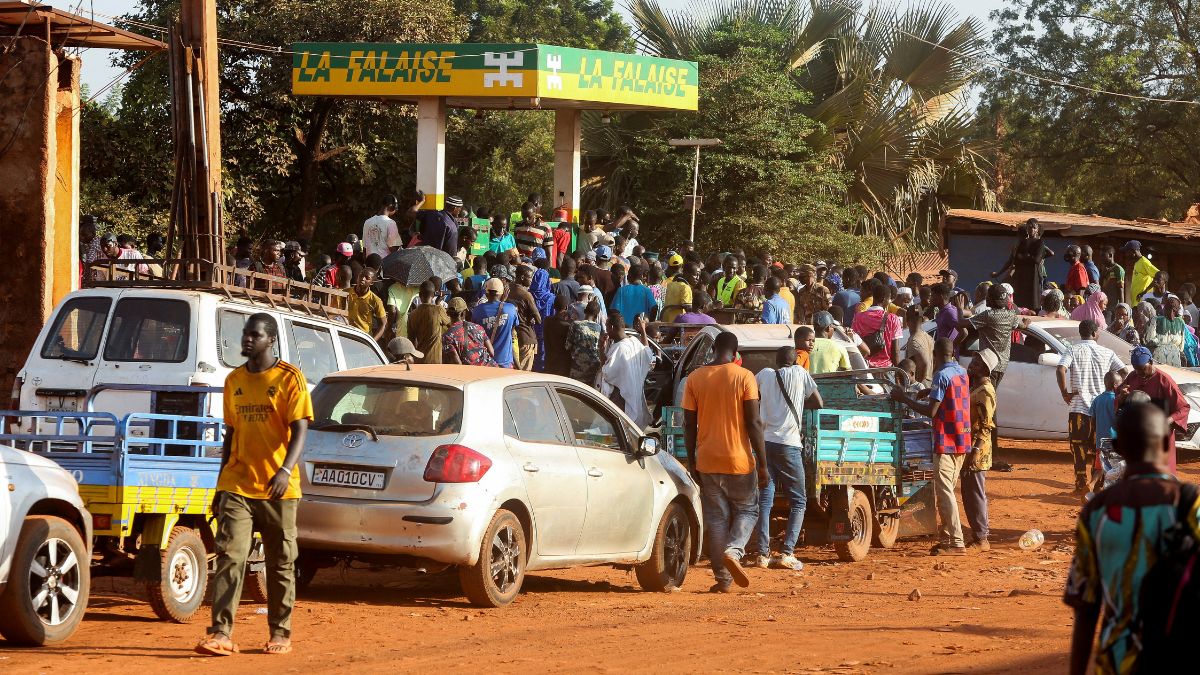)

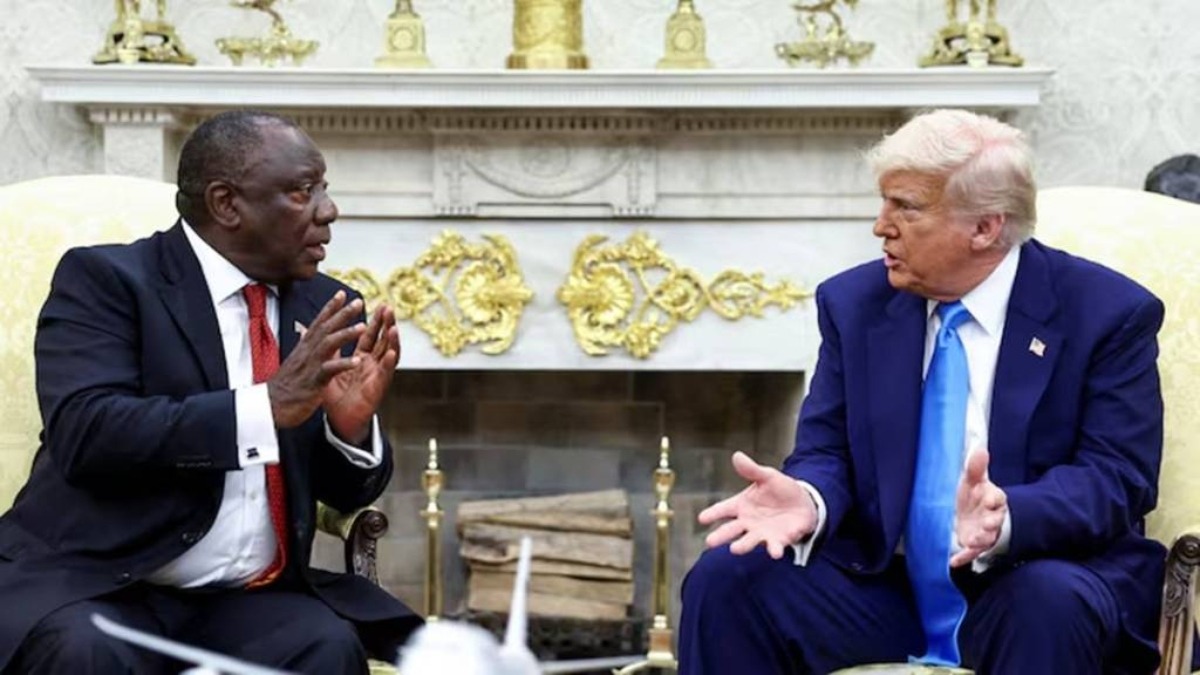)
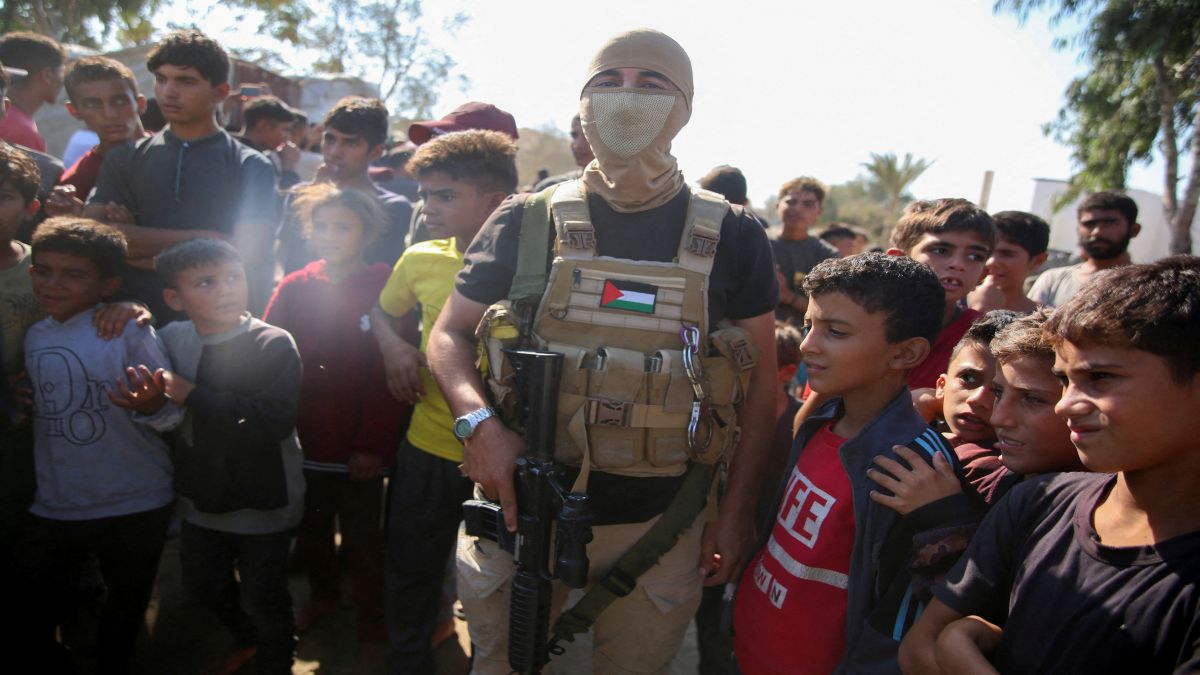)
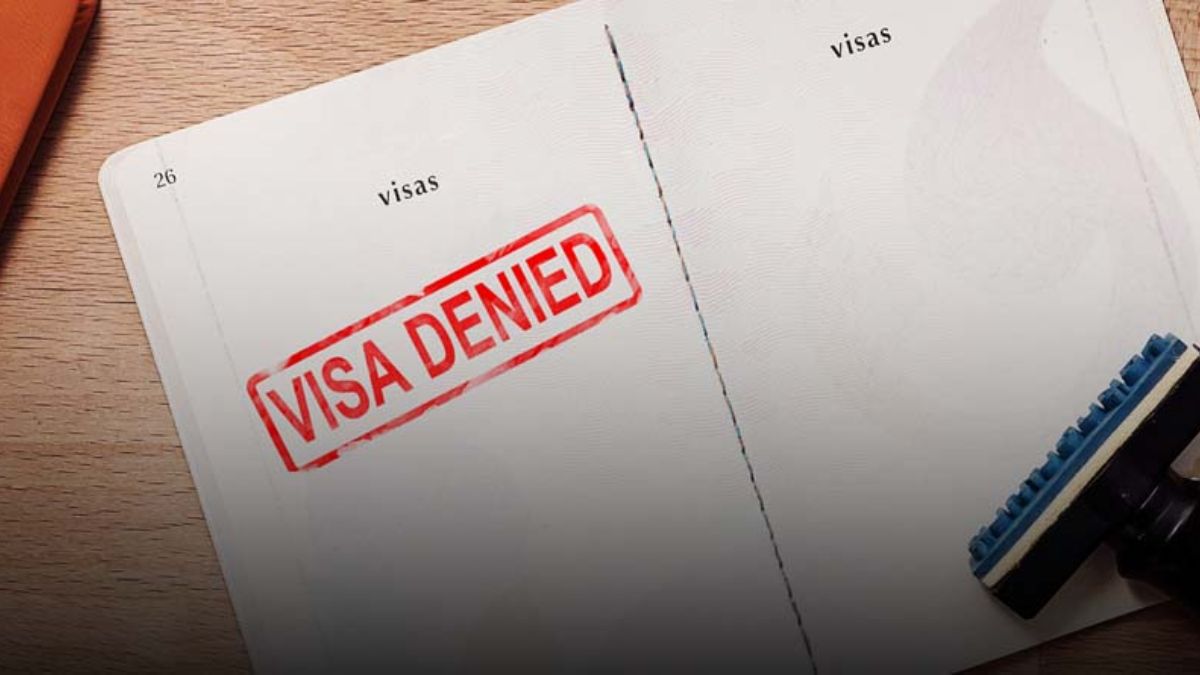)
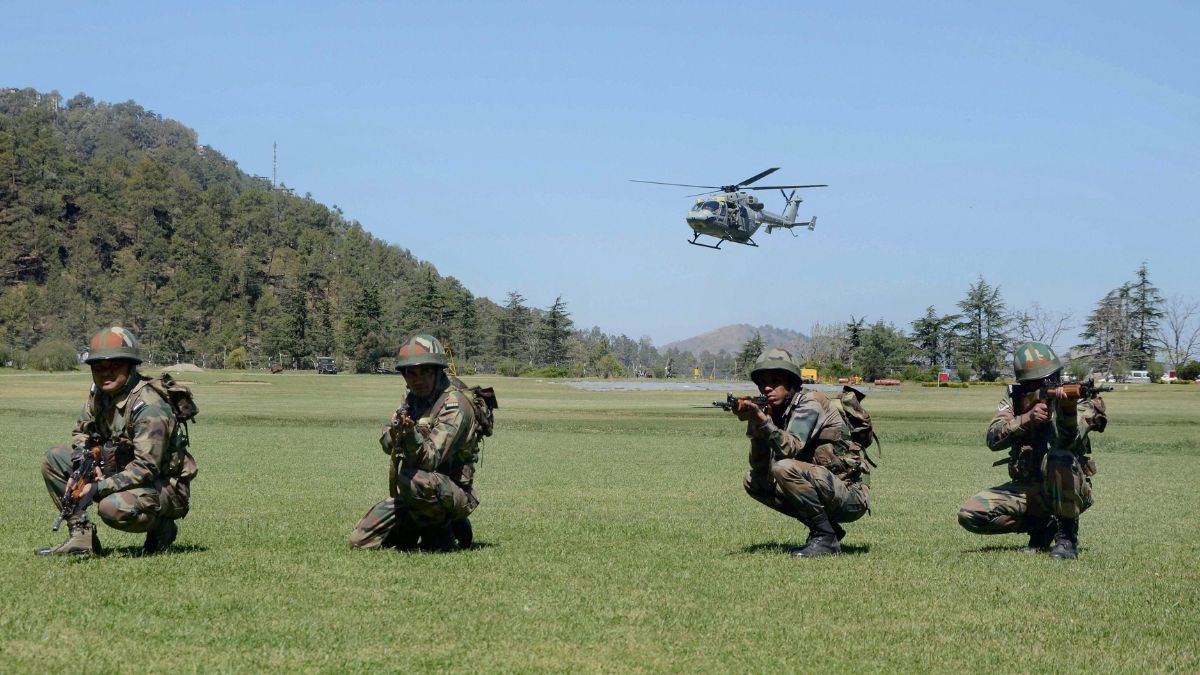)
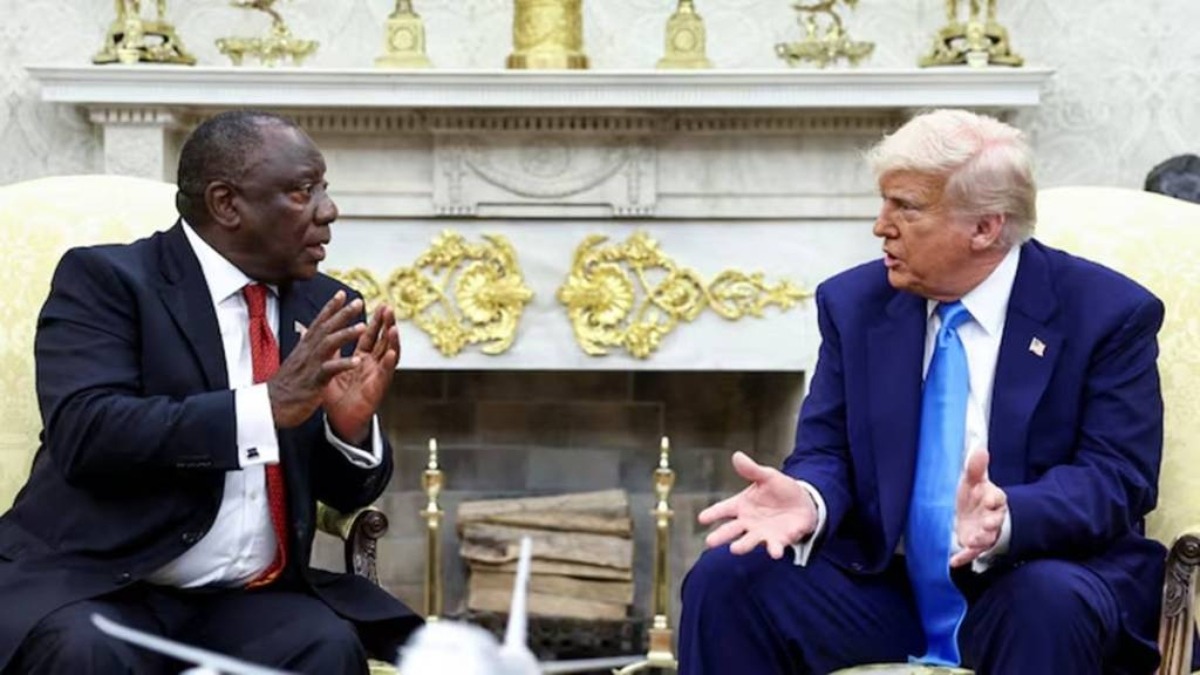)
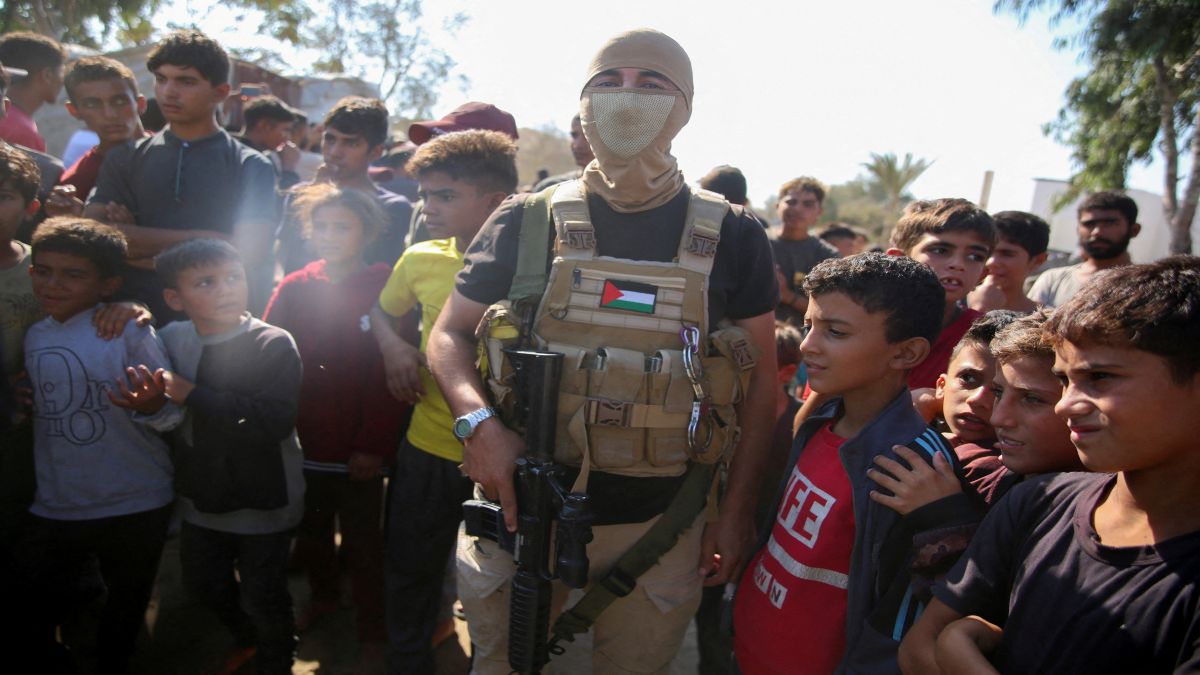)
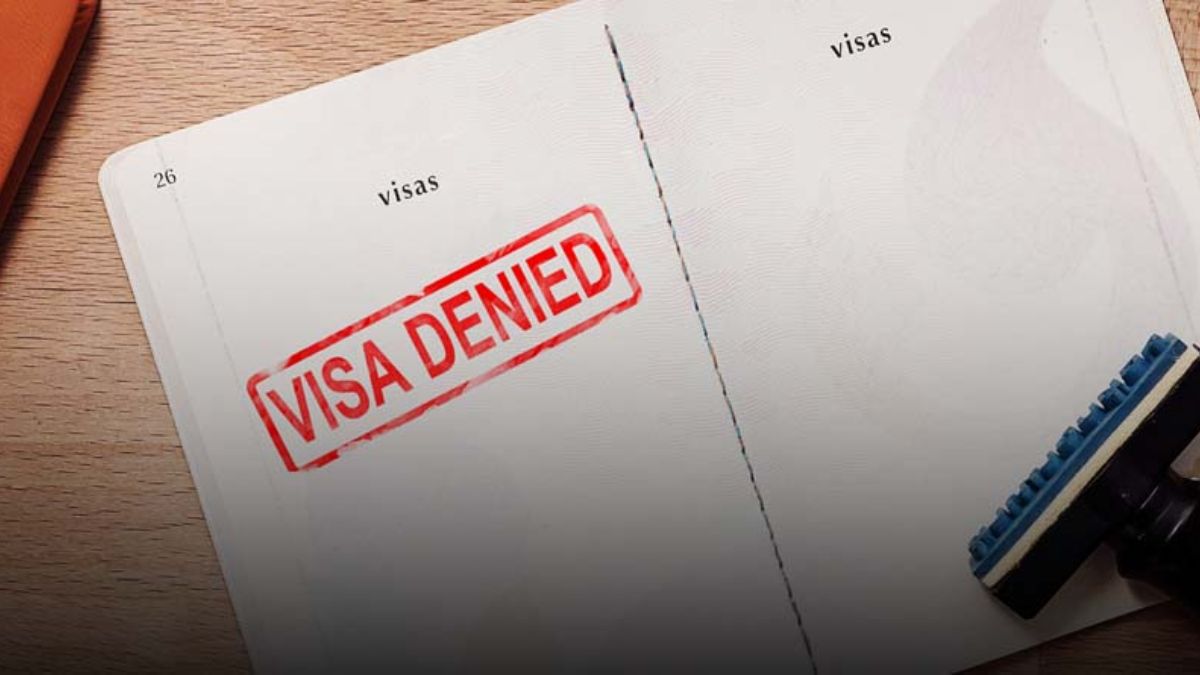)
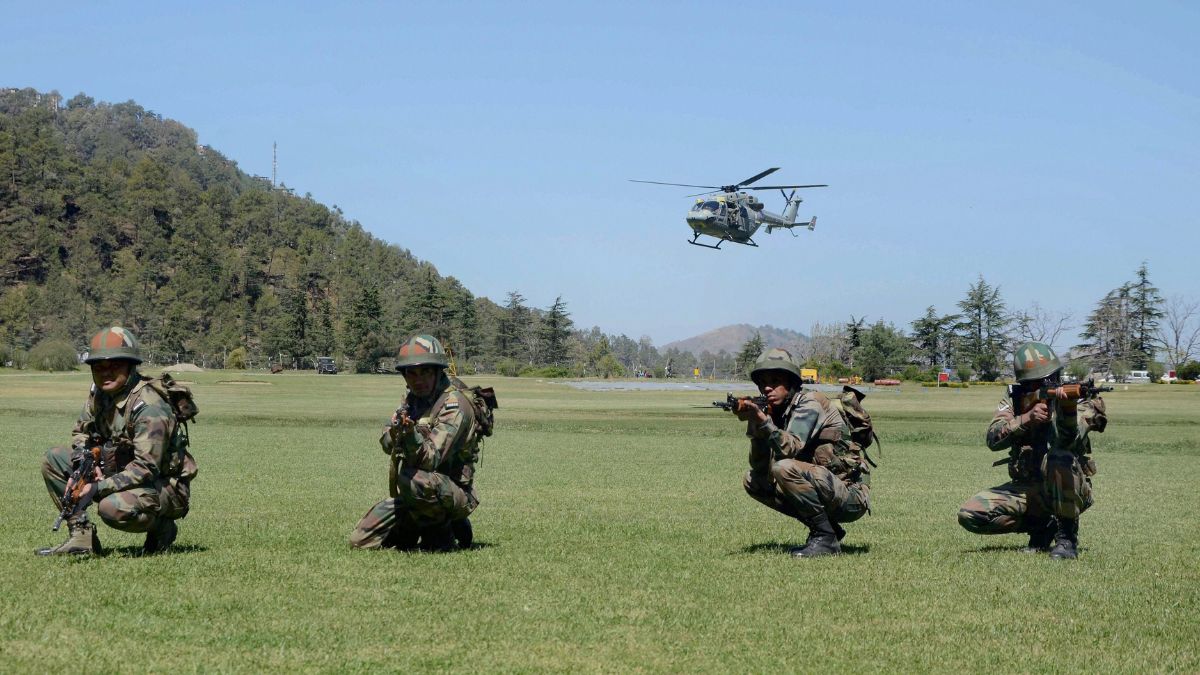)



